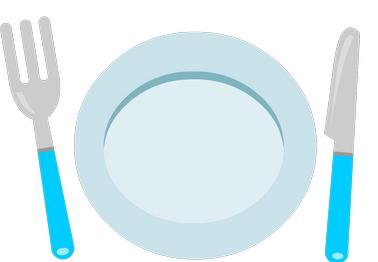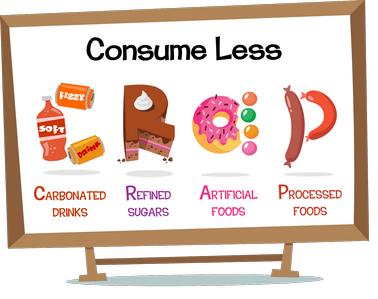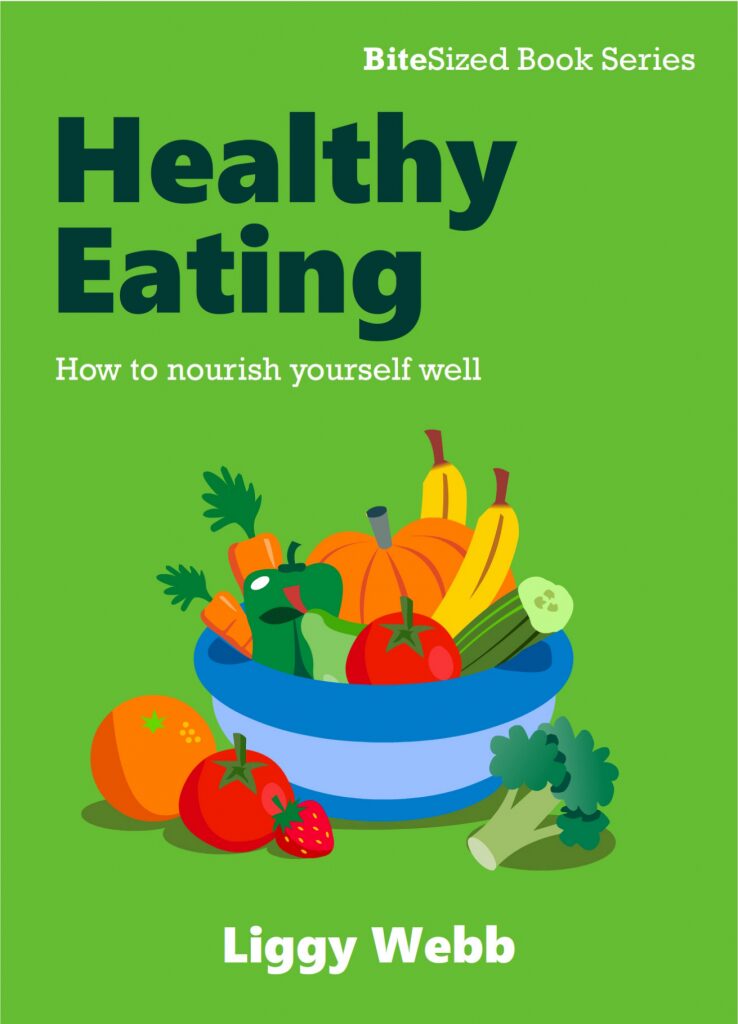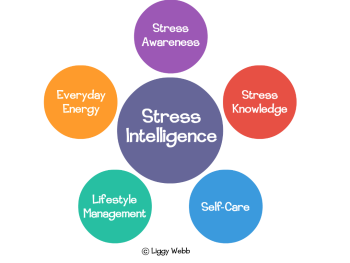So, after all the festive fun and perhaps a few too many mince pies January is often the time when we commit ourselves to strict diets in a hope to shed some of the unwanted pounds that we have piled on!
We can also if we are not careful set ourselves up to fail by going from one extreme to other and even though we start off with great intention the healthy eating regime we set for ourselves simply isn’t sustainable.
One of the better resolutions is to take a fit for life approach and raise awareness of how well we fuel ourselves. This is essential for our longevity, energy levels and overall wellbeing.
No matter who you are or where we live, the very fact that we are alive depends on eating and keeping hydrated. A delicious meal and a drink can be one of the most satisfying sensory experiences and can also be responsible for some of our greatest health problems.

So here are a few healthy eating tips to get your year off to a great start and help you to be fit for the future:
1. Establish healthy habits around food
It is important to get into some good habits around food so that we can create a healthy lifestyle. Here are some ways that we can make healthy changes to your eating habits:
- Wherever possible eat your meals at the table rather than in bed, at your desk or sitting on the sofa watching TV.
- Eat mindfully and savour the experience.
- Cook from scratch and have takeaways as an occasional treat only.
- Chew some gum when you cook so you are not tempted to snack on the ingredients.
- Keep a tub of ready chopped fruit and vegetables to snack on when you feel the urge to reach for a quick fix.
- For those of you who are back to the workplace pack a healthy lunch as this will give you more control over what you eat.
- Put your snacks on a plate instead of eating from the packet and this will help you to be more mindful of how many you actually consume.
- Avoid skipping or delaying meals because, if you ignore your feelings of hunger, you may end up eating too much later on.
- Eat your meals with others when you can and enjoy the social occasion.

2. Be aware of portion distortion
Food portion sizes today are far bigger than they have ever been, which means we are consuming a lot more calories than we sometimes realise. Many people no longer know what makes a normal portion. This is a problem with growing obesity statistics that is known as portion distortion.
We can better manage our portion size by following these 5 simple tips:
- Eat with smaller plates and bowls.
- Aim for two portions of vegetables on your plate to fill it with the healthiest option.
- Eat slowly because it takes about 20 minutes for your stomach to tell your brain you are full.
- Weigh your ingredients before you cook so you stick to the suggested serving sizes.
- Drink a glass of water before you eat a meal as we can often mistake thirst for hunger.

3. Limit your refined sugar intake
Sugary foods can compromise your immune system. Research has shown that white blood cells are less efficient at fighting illness when exposed to refined sugar. A diet high in refined sugar will also raise your insulin levels quickly, which can lead to many other health problems. You will also lack energy because of these sugar spikes and the drop in blood sugar that follows.
The general advice is that you should have no more than 30 grams of free sugars a day, which is roughly equivalent to 7 sugar cubes. This is sugar that you add to your food. Choosing fresh fruits instead of sweet snacks such as biscuits, cakes and milk chocolate will help reduce consumption of sugars. You can also limit your intake of drinks high in sugars (fruit juices, cordials and syrups, flavoured milks and yogurt drinks) by switching to water.

4. Fuel yourself with good mood food
Whilst a slice of chocolate cake may be very tempting it’s important to keep yourself healthy with a balanced which can really boost your mood too. If you are getting the right nutrients, your body will be better able to ward off anxiety during stressful times.
Here are a few useful foods that will boost your mood:
- Foods high in antioxidants such as blueberries and acai berries. These help to raise mood levels and lower the hormones responsible for stress.
- Foods that are high in vitamins D, B, and E, such as eggs, almonds and salmon.
- Foods high in omega-3 fatty acids, such as walnuts or flax seeds and oily fish.
- Foods high in minerals like magnesium, such as whole grains, green leafy vegetables, figs, avocados, bananas and raspberries, nuts and seeds, peas, broccoli, cabbage, green beans, artichokes, asparagus, seafood, salmon, mackerel and tuna.

5. Learn about calorie control
A calorie is a unit that is used to measure energy and our bodies store and burn calories as fuel. Different types of food provide different levels of energy. When you eat and drink more calories than you use up, your body will store the excess as body fat.
As a guide, the average man needs 2500 calories a day and the average woman around 2000 calories. These values, however, will vary depending on age, size and levels of physical activity. To lose one pound of body fat you would need to burn 3500 calories. If you need to lose weight, the best approach is the following:
- Improve your knowledge of the calorific content of food.
- Reduce your intake by 500 calories a day.
- Reduce the number of empty calories, which is food that has no nutritional content.
- Keep a log of what you are consuming.
- Increase your physical activity.
- Drink a glass of water when you get a hunger pang.
In summary
Now more than ever it is so important to build a strong immune system and the food we eat and the sustainable lifestyle we adopt can have such a big impact on our overall wellbeing.
For updates for future blogs, free webinars and various other useful resources please do join my newsletter.

Healthy Eating
This bite-sized book has been designed to offer a
useful overview for everyone about healthy eating
and help achieve the following:
- Understand the benefits of healthy eating
- Establish ways to maintain a balanced diet
- Raise awareness of each of the food groups
- Energise yourself through what you consume
- Fuel your immune system for w…










 World Kindness Day
World Kindness Day

